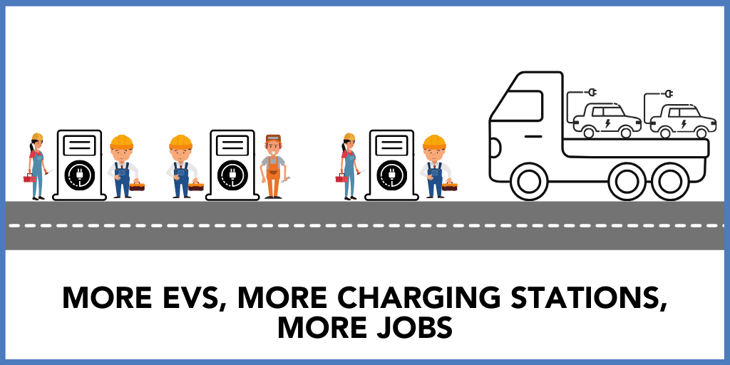/CLEAN%20Future%20Act%20blog%20post%20Final-730.png?width=730&name=CLEAN%20Future%20Act%20blog%20post%20Final-730.png)
Over the past two years, climate change has resurfaced as a top policy priority in Congress with policymakers from both parties offering ways to reduce carbon emissions. AEE has actively engaged in this conversation, testifying to Congress on how the country can achieve a 100% clean energy future in the power sector cost effectively. While many, including AEE, have focused on the need to establish a strong and enforceable target for meeting a 100% clean future, less attention has been paid to the ways wholesale electricity markets could drive toward this target, lowering consumers costs, expanding consumer access to clean energy, and reducing carbon emissions. That is, until now, as federal lawmakers are turning to expansion and improvement of wholesale markets as well as reducing barriers for advanced energy to access these markets as part of their plans.

/594K%20AE%20Jobs%20Lost-730.png?width=730&name=594K%20AE%20Jobs%20Lost-730.png)
/2020%20jobs%20industry-1.png?width=500&name=2020%20jobs%20industry-1.png)
/FERC%20PJM%20MOPR%20blog%20post-730.png?width=730&name=FERC%20PJM%20MOPR%20blog%20post-730.png)